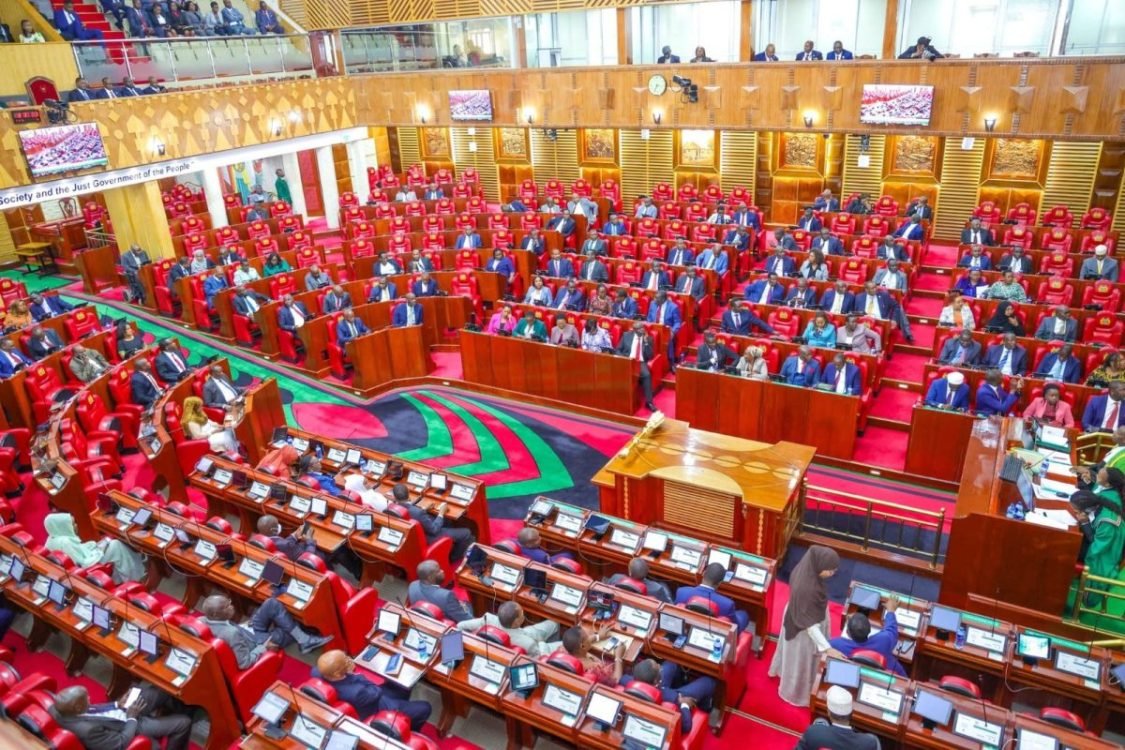Colonial relic being used to stifle key civil liberty
By Suba Churchill, August 30, 2024On August 19, National Assembly Clerk Samuel Njoroge published a notice inviting the public to submit memoranda on three pieces of proposed legislation – the Medical Social Workers Bill, the Kenya Revenue Authority (Amendment) Bill, and the Assembly and Demonstration Bill.
Coming after the month-long youth protests that brought the government to its knees, it will be interesting to observe how the Committee on Administration and Internal Security will treat public perceptions and emotions that will no doubt attend to MPs’ handling of the bill.
It will not be the first time that amendments to the Public Order Act that successive governments have used to curtail the right to protest are being proposed, not to secure government obligation to respect, protect and fulfill the right to protest as a fundamental human right but as an official scarecrow to undermine and curtail this civil liberty.
Laws requiring a permit to hold peaceful protests have been struck down in several countries in Africa, including Ghana, Zimbabwe, Zambia and Tanzania. Writing about a 1993 case in Ghana in which a court struck down legislation requiring a licence to hold peaceful assemblies, Joanna Stevens writes: “[P]olice permits are colonial relics that have no place in Ghana in the last decade of the twentieth century. Those who introduced police permits in this country do not require police permits in their own country to hold public meetings and processions.”
In all the four jurisdictions, the provisions were struck down as unconstitutional and for contravening the fundamental right to freedom of expression.
After the violent ejection of British colonial aggressors from Kenya in 1964, their former collaborators who served as home guards found themselves in strategic positions to negotiate for State power. From this advantaged position, there was a swapping of positions as former collaborators became the masters of post-colonial Kenya and the former occupants of the ‘white highlights’ took over the role of collaborators as a precondition for staying in Kenya.
It’s, therefore, little wonder that every time there are countrywide protests of the kind that the Opposition has sometimes called to push for electoral justice or like the recent youth-led protests, remnants of this disgraceful generation and successive protégés that they have always dutifully propped up into positions of power have been at hand to hoist changes in law that continue to curtail the right to protest.
Such actions are motivated by the mistaken belief that the exercise of the right to protest is inimical to their stranglehold on power and a threat to the largesse derived therefrom.
Following anti-IEBC demonstrations in 2016, Ngunjiri Wambugu, who later became MP for Nyeri Town constituency, filed a petition in the High Court in Nairobi, not to strike down provisions of the Public Order Act that infringe on the right to protest but to further curtail it.
Wambugu argued that the State had failed to strictly enforce the explicit provisions of the Public Order Act during protests. He wanted the Inspector General of Police, Interior Cabinet Secretary, and the Attorney General ordered to formulate a Code of Conduct for demonstrators that would detail how protesters would ensure non-demonstrators are not affected by their action. He also wanted clear lines on who takes responsibility when lives are lost or property destroyed during demonstrations.
Rather than disappoint Wambugu, the judge decided to offend the constitutional guarantees of the right to protest, shifting the obligation to respect, protect and fulfil the right to protest from the State as the primary duty bearer to citizens, who are the claimants of the right.
Years later, and after the post-election protests of 2023 and youth-led anti-tax protests of 2024, it’s the turn of Mbeere North MP Geoffrey Ruku, who also hails from the former ‘white highlands’, to take over from where Wambugu left off.
— The writer is the Executive Director of the Kenya National Civil Society Centre;
suba_churchill@yahoo.com
More Articles

